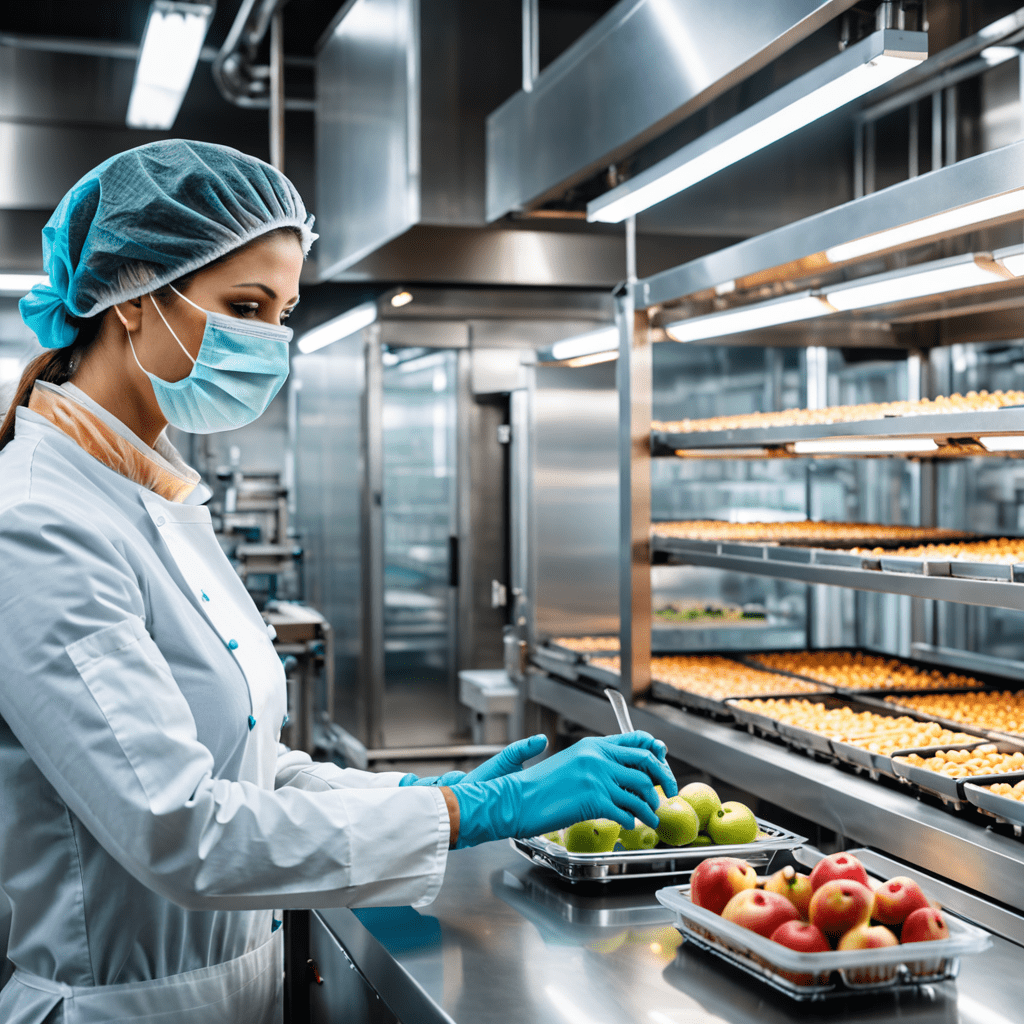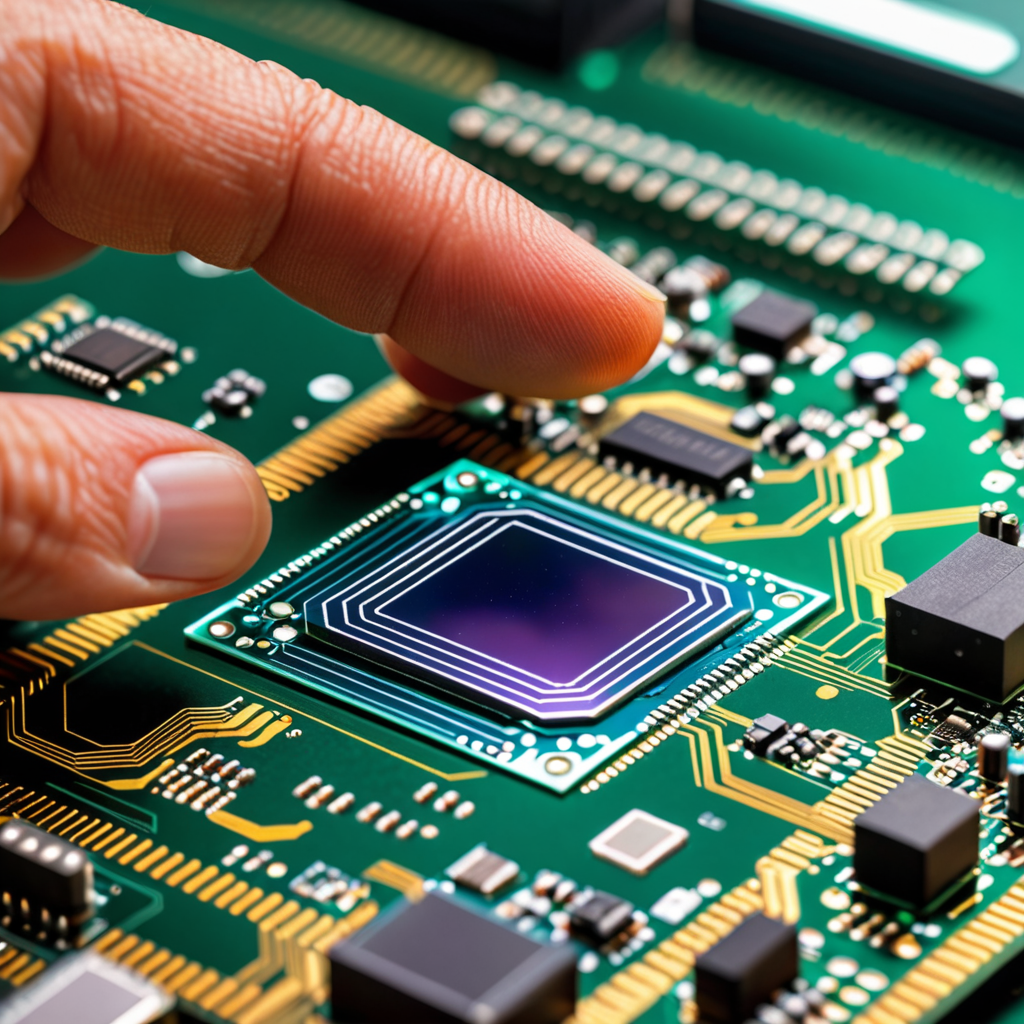
Nanotechnology in Food Production: Improving Food Safety with Nanotech
Introduction to Nanotechnology in Food Industry
Nanotechnology, the manipulation of matter on an atomic and molecular scale, holds immense promise in revolutionizing various industries, including food production. In the food industry, nanotechnology offers innovative solutions to enhance food safety by improving packaging, processing, and monitoring.
Enhancing Food Safety with Nanotech
Nanotechnology plays a crucial role in improving food safety through nano-engineered materials for packaging. Nano-coatings can be applied to packaging materials to prevent contamination, extend shelf life, and reduce the growth of bacteria, thereby enhancing food safety and quality.
Applications of Nanotechnology in Food Processing
In food processing, nanotechnology enables the development of nano-sized particles that can enhance nutrient delivery, improve the texture of food products, and increase their stability. Nanoparticles can also be used to detect and eliminate harmful pathogens in food processing facilities.
Nano-Sensors for Food Safety Monitoring
Nanotechnology has facilitated the development of nano-sensors that can detect contaminants, pathogens, and spoilage in food products in real-time. These nano-sensors provide a rapid and accurate way to monitor food safety throughout the supply chain, from production to consumption.
Regulatory Considerations for Nanotech in Food Production
As nanotechnology continues to advance in the food industry, regulatory agencies worldwide are evaluating the safety and labeling requirements for nano-enhanced food products. It is essential to establish clear guidelines to ensure the safe and responsible use of nanotech in food production.
Challenges and Future Outlook
Despite the promising benefits of nanotechnology in food safety, challenges such as consumer acceptance, cost, and potential environmental impacts need to be addressed. As research in this field progresses, the future of nanotech in food production looks bright, with continued innovations to enhance food safety standards.
Conclusion
Nanotechnology presents unprecedented opportunities to improve food safety in the food production industry. By leveraging nanotech solutions in packaging, processing, and monitoring, the industry can enhance food quality, reduce contamination risks, and ensure consumer confidence in the safety of the food supply chain.
FAQs about Nanotechnology in Food Production
What is nanotechnology in food production?
Nanotechnology involves the manipulation of particles at the nanoscale to improve food safety, shelf life, and nutritional value.
How does nanotech improve food safety?
Nanoparticles can be used to detect and eliminate harmful pathogens or contaminants in food, enhancing overall safety standards.
What are the benefits of nanotechnology in food production?
Nanotech can lead to increased food quality, extended shelf life, reduced need for additives, and improved nutritional content.
Is nanotechnology safe for food consumption?
Extensive research is conducted to ensure the safety of nanotechnology in food production, with regulatory bodies monitoring its impact on consumer health.
How does nanotechnology contribute to food sustainability?
Nanotechnology can reduce food waste by preserving food for longer periods, thereby promoting sustainability in the food production chain.


